Florida’s Attractive Nuisance Doctrine provides that a property owner may be liable when a child wanders onto his property and gets injured by a dangerous condition. Attractive nuisance is a type of negligence that is based on a property owner’s liability to maintain his premises in a safe condition.
In general, an owner is liable for a child trespasser’s injury if :
(1) he/she knows or has reason to know that the area where a dangerous condition exists can be trespassed by a child,
(2) the dangerous condition poses an unreasonable risk to a child’s safety,
(3) the child is too young to realize the risks associated with the dangerous condition,
(4) it is less of a burden to remove the danger than the risk posed to a child, and
(5) the owner fails to either remove the danger or protect the child from the risk of harm.
The following abandoned or discarded items are specifically declared to be attractive nuisances to children by Florida Statute Section 823.08 (because they have air-tight doors):
-Refrigerators
-Iceboxes
-Washers
-Dryers
The most dangerous attractive nuisance in the Sunshine State would be swimming pools. Other potential attractive nuisances include lawn mowers, trampolines, and unstable or decrepit structures, such as tool sheds.
It is important to note that an attractive nuisance must be a feature that is man-made (like a playground or pool). A natural feature, such as a lake or a hill, is not an attractive nuisance, so a property owner does not have the same duty to protect children from potential injuries there.
In addition to liability to trespassing children under the attractive nuisance law, a property owner owes all guests on his property a duty of care to maintain it in a safe condition.
The Four Elements of Negligence in Florida
Negligence occurs when an individual fails to exercise the level of reasonable care expected to minimize the risk of harm to others. In Florida, negligence laws not only define what constitutes a claim but also outline the types of damages a plaintiff may pursue. The four essential elements of negligence in Florida are duty of care, breach of duty, causation, and damages. Here’s a breakdown:
Duty of Care – This refers to the legal obligation a person has to act (or refrain from acting) in a certain way based on their relationship to others. For example, every driver has a duty to operate their vehicle safely and in accordance with traffic laws to protect others on the road. Similarly, a business owner has a duty to take reasonable measures to keep their premises safe for visitors.
Breach of Duty – A breach occurs when someone fails to uphold their duty of care. For instance, a driver breaches this duty by speeding, tailgating, or being distracted while driving. A business owner breaches their duty by neglecting to promptly clean up a spill or fix a leaking freezer that creates a hazard in a walkway.
Causation – Causation links the breach of duty directly to the harm suffered. While it might seem straightforward, determining causation can be complex, especially in cases involving multiple parties or factors. To establish causation, it must be shown that the breach of duty logically and foreseeably led to the injury or damage.
Damages – Finally, the plaintiff must demonstrate that they suffered compensable injuries or losses due to the breach of duty. This can be proven through evidence like medical bills, lost wages, or property damage assessments. Additionally, non-economic damages such as pain and suffering or loss of enjoyment of life are also recoverable under Florida law.
Proving Your Case at Trial
In order to prevail at trial, you must prove the elements above by a preponderance of the evidence (in other words, show that it is more likely than not that the Defendant was negligent). You may need to hire experts, such as medical doctors, to establish the extent of your injuries and the present and future costs of treatment. You will also need to gather evidence concerning the Defendant's allegedly negligent action, which may involve taking statements from him under oath (depositions) or getting physical custody of evidence (through the use subpoenas).
If you have been injured in an accident, call personal injury attorney John Clarke today at (305)467-5560 for a free consultation!

